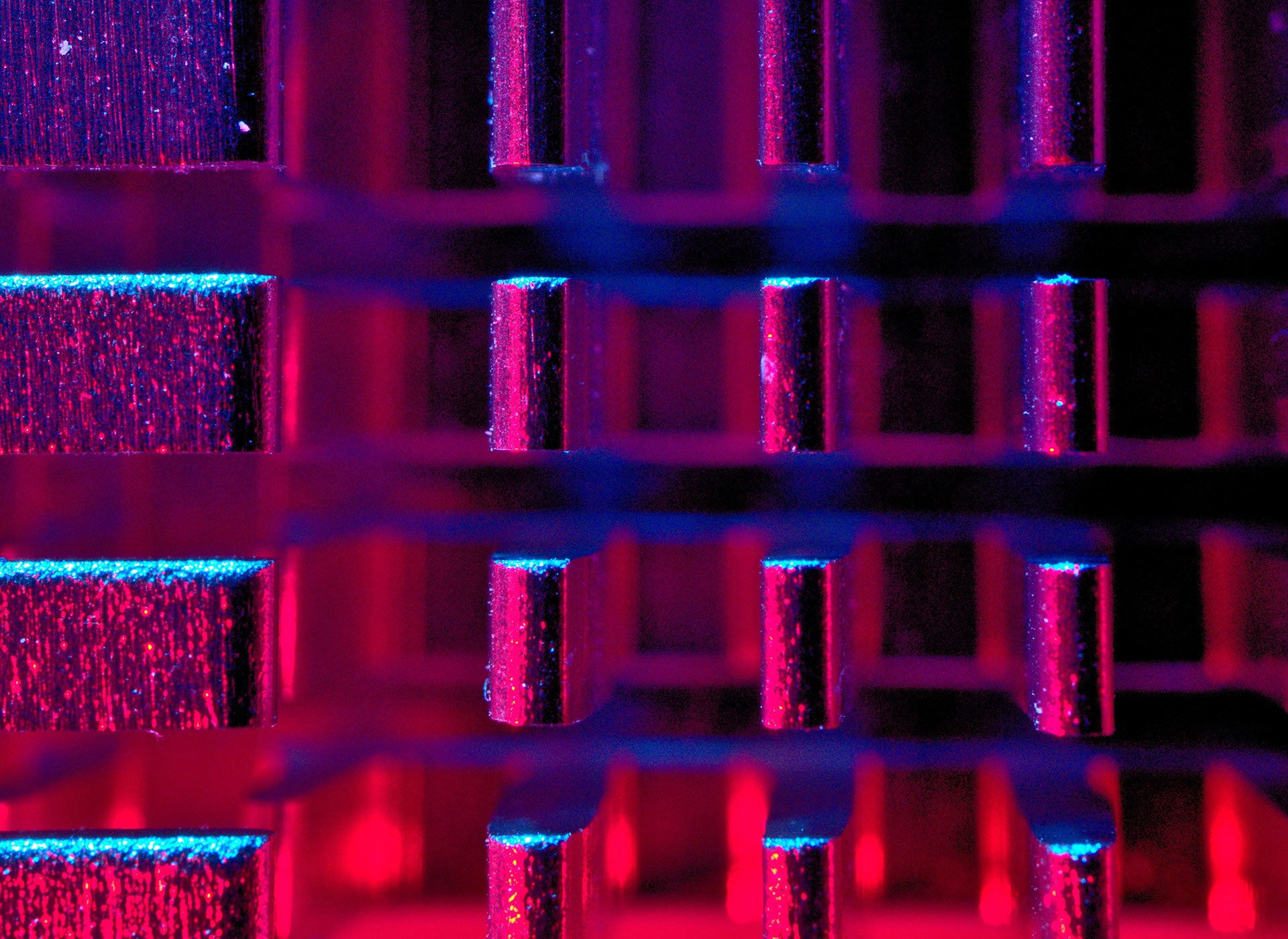
Quantum computing is becoming more and more prevalent. IBM already runs its own quantum computing service, Qiskit, and Google offers its Sycamore quantum processors to research scientists with approved projects. Potential applications include cryptography, financial modelling, and logistics optimization.
The advance of quantum computers threatens to undermine the security of current cryptography. The encryption methods currently used by banks rely on multiplying massive prime numbers together and using them in key exchanges to secure bank details. For a classical computer, this would take trillions of years to crack. However, with Shor’s algorithm (a quantum algorithm for finding prime factors of an integer), a quantum computer could crack the commonly used 2048-bit RSA encryption in just 10 seconds.
Cracking classical encryption
As a result of this advancement, SSH, which supports Windows and IBM platforms, released OpenSSH 9 this year, an open-source implementation that uses hybrid post-quantum Streamline NTRU Prime + X25519. The hybrid scheme mixes a quantum-vulnerable algorithm with a post-quantum algorithm by combining key material agreed by both of them.
This will prevent “capture now, decrypt later” attacks where hackers record and store ciphertext to be decrypted by quantum machines later. ‘Post-quantum’ refers to a world where quantum computers are commonplace, which demonstrates that encryption companies are already aware of the risks and are starting to implement countermeasures to ensure client security.
How physics forecasts finance
One key difference between classical and quantum computers is that while the former would have to double the number of transistors working on a problem to double its power, the latter only needs one more qubit (or ‘quantum bit’, which is a basic unit of quantum information). As a result, complexity-heavy problems such as models that process large sets of variables to optimize portfolios could be tackled much more easily and quickly.
Quantum computing is especially good at combinatorial optimization, which allows for faster searches of optimal solutions. An example of where this would be useful is in helping players select the highest bandwidth path across a network, which is very helpful for algorithmic traders involved in bandwidth trading.
How well do you really know your competitors?
Access the most comprehensive Company Profiles on the market, powered by GlobalData. Save hours of research. Gain competitive edge.

Thank you!
Your download email will arrive shortly
Not ready to buy yet? Download a free sample
We are confident about the unique quality of our Company Profiles. However, we want you to make the most beneficial decision for your business, so we offer a free sample that you can download by submitting the below form
By GlobalDataFinally, according to IBM, quantum computing could even forecast financial crashes, which would lead to far greater global economic stability.
How quantum computing optimizes logistics
Quantum computing could even improve problems in logistics and supply chains. These have become more complex, especially with Covid19 leading to further unexpected errors. Managers have to accurately predict demand, ensure that they have the right supply levels to avoid inventory space waste, and move products in the fastest and most agile way.
This is where quantum computing comes in. Constrained optimization addresses these problems, but even the basic traveling salesperson problem has 87 billion routes for just 15 stops—and so current analysts have to compress the information or only use part of the dataset. With quantum algorithms, where qubits that can be in multiple states at once are used, they can deliver multiple solutions that are each more accurate than a solution current classical computers could produce.



